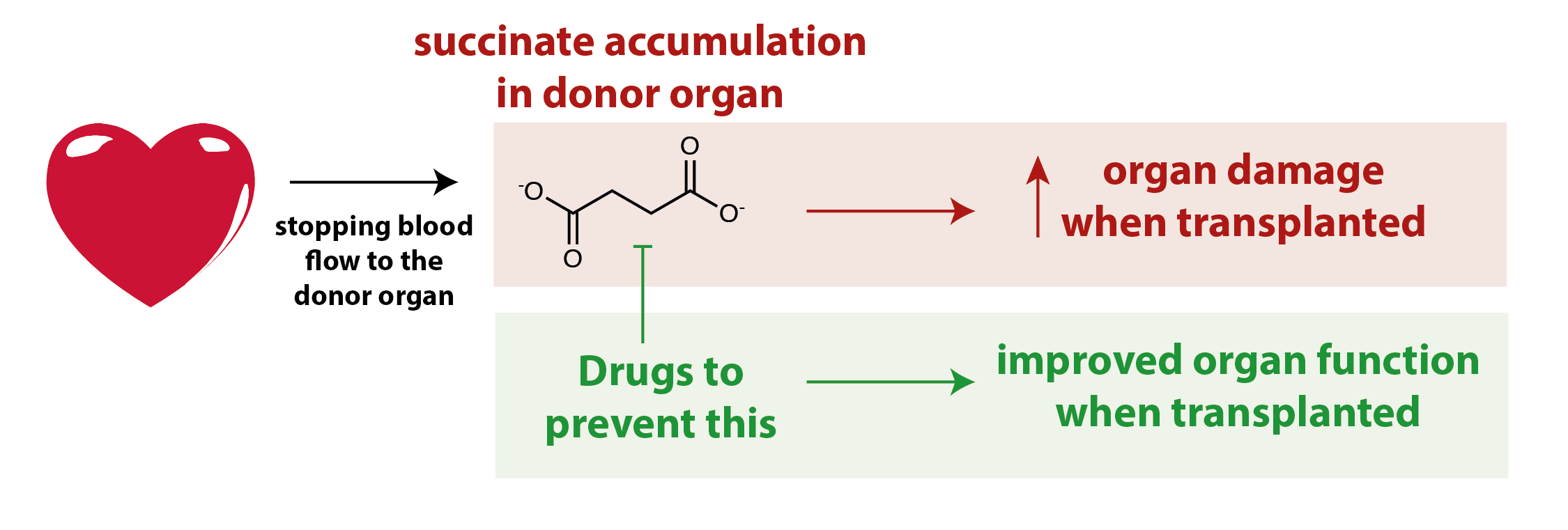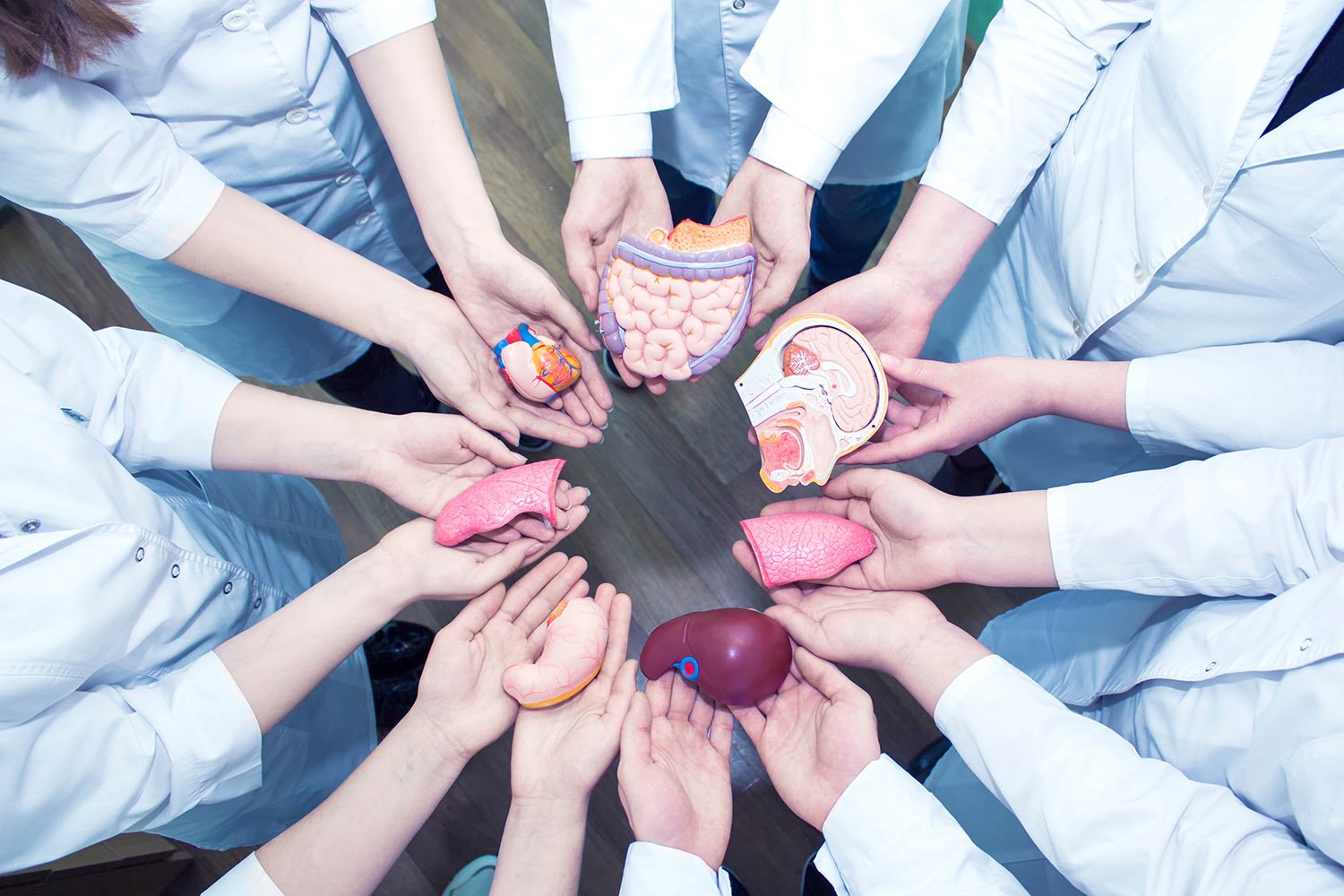Rapid cooling of animal and human donor hearts may decrease accumulation of a chemical that damages the tissue after transplantation, according to a new study in Nature Metabolism. These findings explain why cold organ storage is beneficial for organ preservation, and they may also lead to improved solutions for more efficient use of the limited pool of donor organs worldwide.
Storage of donor hearts in cold preservation solution is common practice in transplantation medicine. However, the chemical changes that occur in donor hearts during organ retrieval and the exact benefits of cold organ storage are not well understood.

Mike Murphy, Kourosh Saeb-Parsy and colleagues performed a detailed metabolic analysis of mouse, pig and human hearts stored at warm or cold temperatures. The authors found that allowing organs to remain warm after donation increased accumulation of the metabolite succinate, which damages heart tissue after organs are reconnected to blood vessels. Preventing this accumulation by administering a drug or by cooling organs improved heart-transplantation outcomes in mice.
The authors conclude that this research may lead to the formulation of new drugs to inhibit the formation of succinate in organs and improve results after transplantation.
